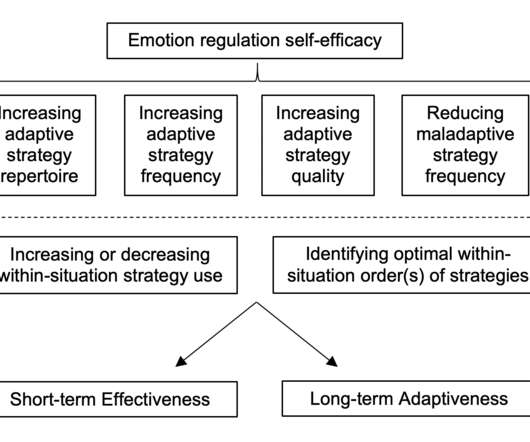Observing therapist-patient interactions to predict dropout from psychotherapy
Society of Clinical Psychology
OCTOBER 1, 2021
4) Therapist characteristics: Therapists vary greatly in their dropout rates (1-73%), suggesting that not all therapists are equally capable of creating a bond with patients and motivating them to complete treatment (Saxon et al., Capturing therapist-patient interactions. 2006; Zimmermann et al., 2017; Sharf et al.,












Let's personalize your content